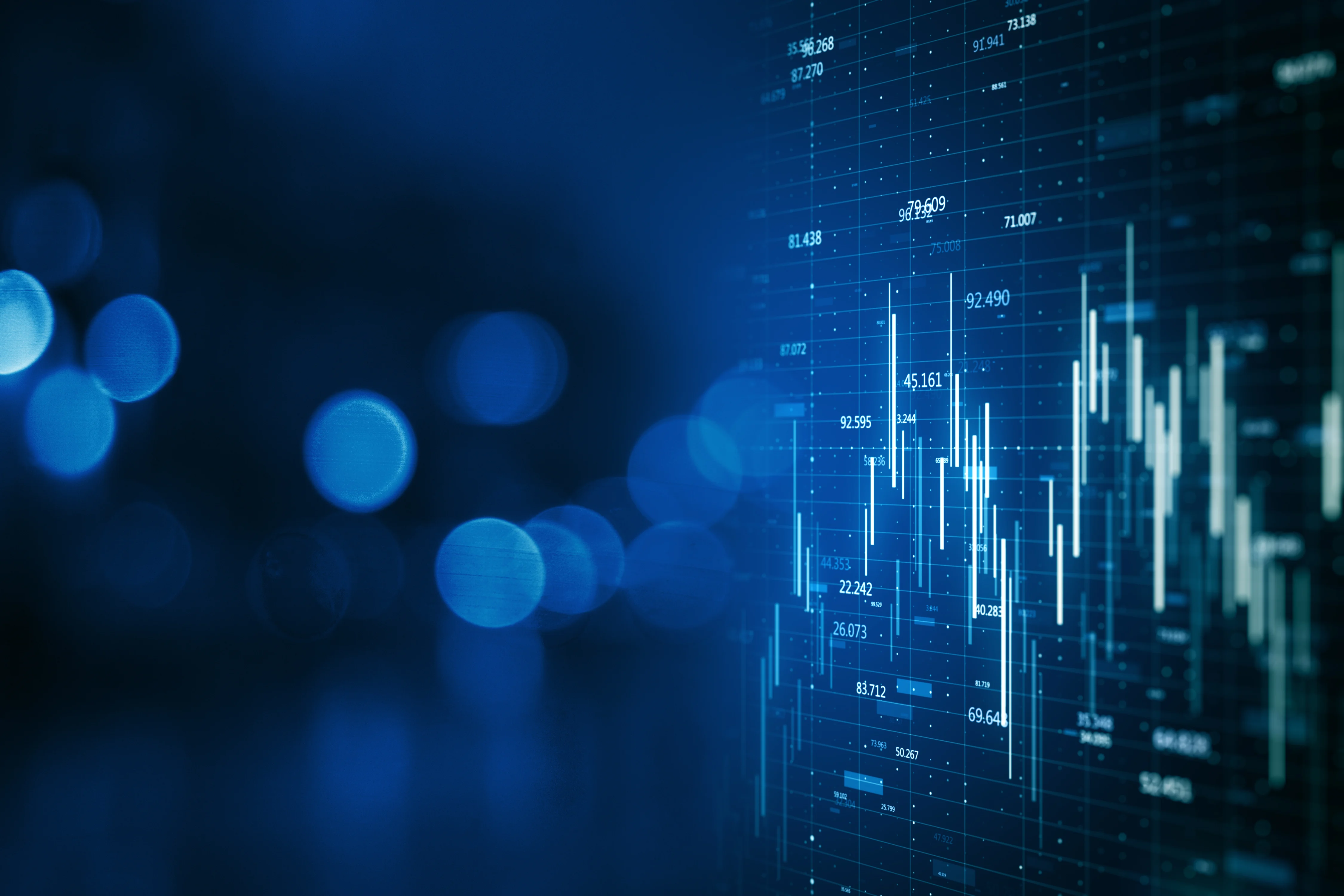"There can be a slowdown of the economy unless Mr. Too Late, a major loser, lowers interest rates now." While his trade war has generated a veritable sell-off in the markets, distrust of 10-year US Treasuries and the dollar (which is gradually losing its safe haven status), as well as, more generally, growing uncertainty about the US economy entering recession, Donald Trump is once again attacking his favorite scapegoat: J. Powell, whom he calls a "late bloomer" and a "huge loser."
Let's take a step back. The Triffin Paradox, formulated in the 1960s by economist R. Triffin, shows that the dollar's role as the global reserve currency forces the United States to maintain trade deficits, which increases demand for the greenback. According to this theory, US exports then become less competitive, favoring imports and thus contributing to deindustrialization. D. Trump and his advisors, such as Stephen Miran, consider this mechanism to be a cause of American industrial decline, and their protectionist policy, which notably involves stripping the dollar of its status as the benchmark currency, aims to redress the United States' external deficit and even manage to make customs duties a source of revenue. The pending question is therefore whether "reciprocal" customs duties will play their supposed role. Nothing is less certain, because China, on which the GAFAM are particularly dependent, is facing D. Trump forcefully and has no intention of bending the knee. Thus, the Miran doctrine, which seeks to achieve new Plaza Accords, seems like a mirage. Above all, in the short term, American sovereign yields are likely to continue to suffer, and D. Trump's stated objective of reindustrialization may simply come up against the lack of skilled labor in the United States! In short, D. Trump is taking a very risky gamble here, and the warnings of Jamie Dimon or Ray Dalio seem to be insufficient. Ray Dalio summed up the prevailing fears, with slightly exaggerated alarmism, on April 13th on NBC's "Meet the Press," referring to a "breaking down of the monetary order" and an outcome "worse than a recession." Is this enough to reach the hubris of our Great Gatsby of Mar-a-Lago? Not sure.
His pride was nevertheless piqued last week by the Fed Chairman, who indicated he wanted to take his time in the face of a stronger-than-expected tariff increase. Asked about the famous "Fed Put," he was categorical: it was not on the agenda. This stance did not please Donald Trump at all, who even hinted that he was considering replacing J. Powell: "If I want him gone, he'll go quickly, believe me." In theory, a U.S. president cannot remove the Fed chairman without just cause and the support of the Supreme Court, and the appointment of his replacement must be approved by the Senate. In practice, Trump could continue to attack Powell during the year before his term ends, and this challenge to the central bank's independence is causing serious concern in the financial markets. Last week, the S&P 500 lost 1.5% and the Nasdaq 2.6%, while the yellow metal continued its wild rise. Still, Trump has failed, so far, to push the Fed to cut rates sharply, which would risk creating inflationary pressure already fueled by the trade war.
In Europe, the ECB lowered its three key interest rates by 25 bps, as expected by consensus. This is the seventh cut in a year. Washington's growing aggressiveness led to a unanimous decision to act. According to Christine Lagarde, trade tensions constitute "an extraordinary uncertainty" weighing on the economic outlook, justifying a "data-dependent, meeting-by-meeting" approach.
Volatility, Uncertainty, Complexity, and Ambiguity... this acronym of military origin unfortunately takes on its full meaning.










